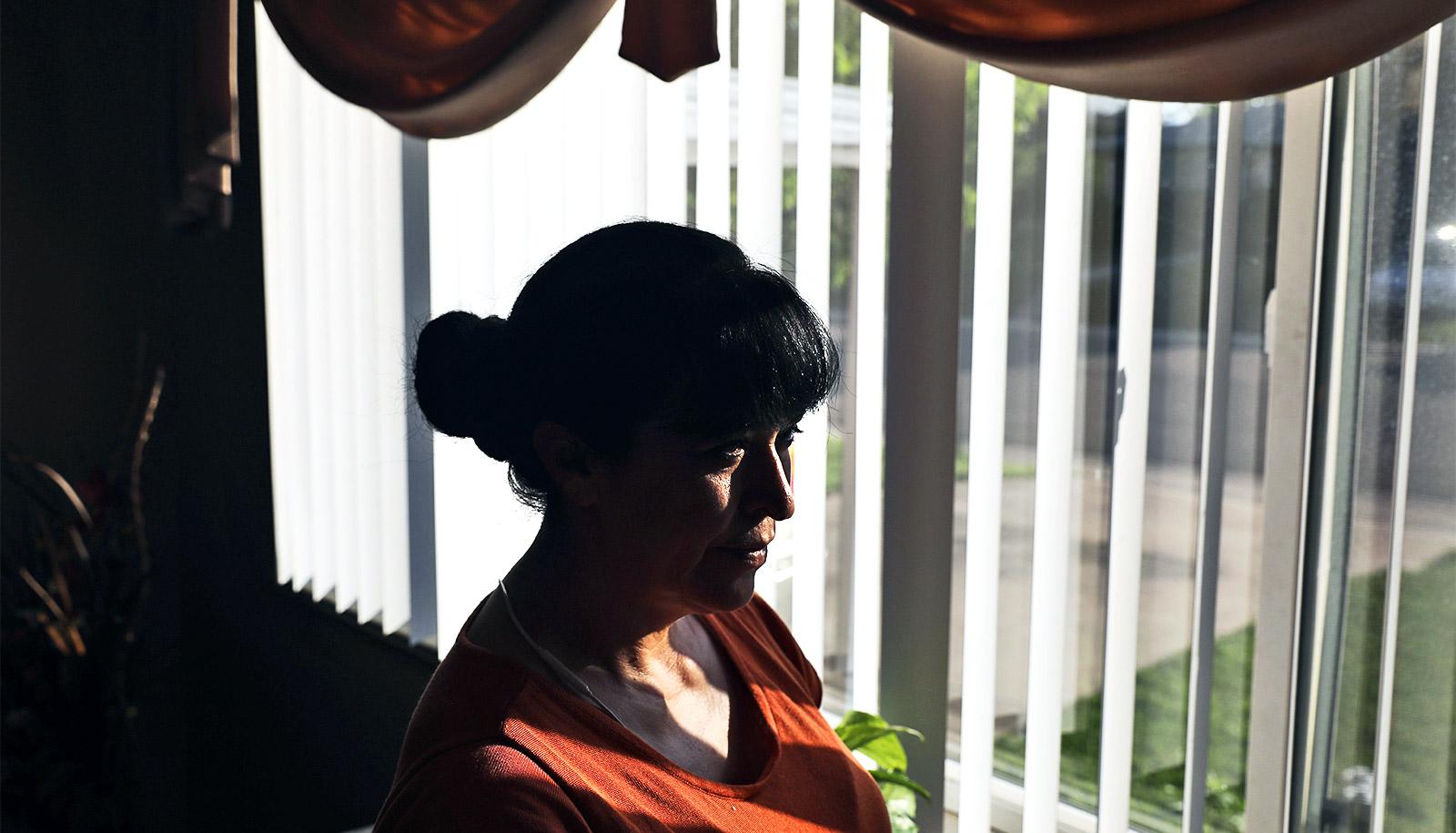Loved one’s death brings extra stress to undocumented immigrants

The death of a loved one is never easy to endure, but for undocumented immigrants, the psychological toll is particularly rough, according to new research.
For a new study, researchers examined how the loss of a loved one living outside the US affects their relatives living in the United States without documentation.
The study of 248 undocumented Mexican immigrants living in a medium-size city near the US-Mexico border found that a high proportion of these individuals experienced stress associated with the death of a loved one living in a different country.
Eighty-five percent of study participants had experienced a transnational death in their families, and they were more than twice as likely to meet the criteria for clinically significant psychological distress compared with people who didn’t.
“Death is always a stressful and sad time, but this is particularly true for individuals living in the US without documentation,” says Luz Garcini, a Rice Academy affiliate in the psychological sciences department and a scholar at Rice University’s Baker Institute for Public Policy.
“Over the course of our studies with undocumented immigrants, we have noticed that a large number are experiencing stress associated with transnational death.”
Multiple issues factor into why undocumented individuals have a harder time dealing with the death of loved ones, Garcini says. People often blame them for being in the US illegally and, because of their status, they may feel limited from traveling to visit loved ones who are near death, she says.
When a loved one dies, they often feel guilty because they aren’t with that person when they died—and often can’t express their grief in a typical way due to the lack of resources and support networks available to people who live in the country legally.
“Ultimately, they talk about it less and blame themselves more, which is associated with increased stress,” she says.
The experiences of undocumented immigrants ultimately affect their communities as a whole, so it is in the best interest of everyone to find ways to support them, Garcini says. She hopes her research will lead to the development of cost-effective and easily disseminated interventions to improve the health of these people.
The cross-sectional study, which appears in the journal Death Studies, used respondent-driven sampling, currently the most reliable method to study hard-to-reach populations that researchers have used previously in the study of undocumented immigrants.
Participants were 18 years or older, of Mexican origin, and undocumented. Garcini and colleagues collected the data between 2014 and 2015.
Additional coauthors are from Rice, the University of Denver, and the University of Central Florida. The Ford Foundation funded the work.
Source: Rice University
The post Loved one’s death brings extra stress to undocumented immigrants appeared first on Futurity.
